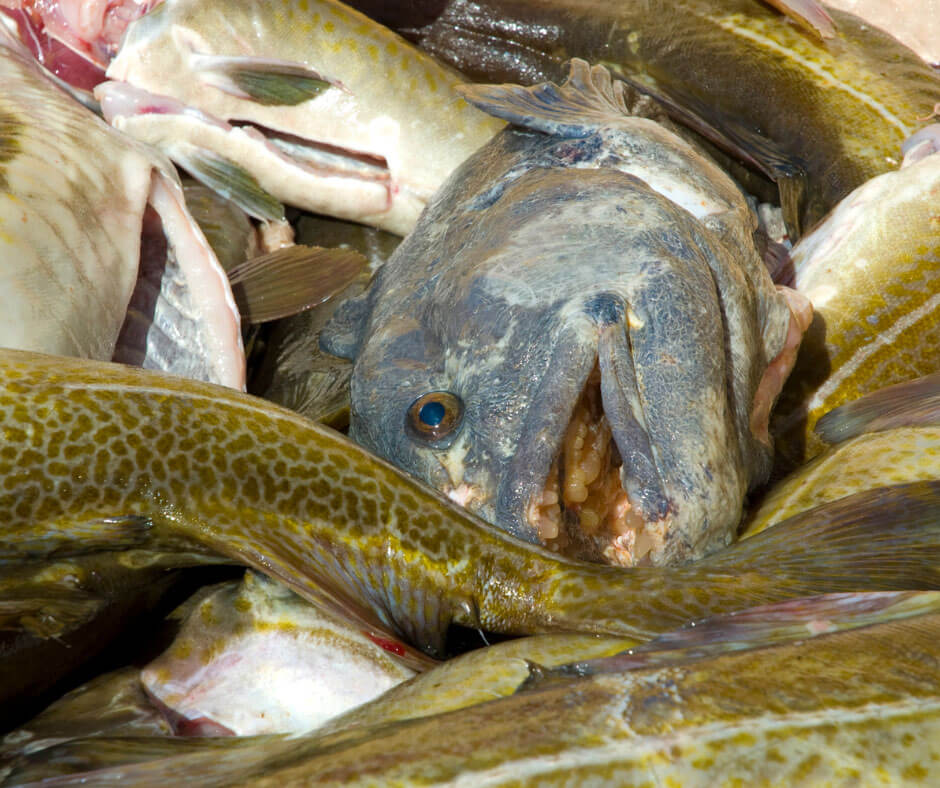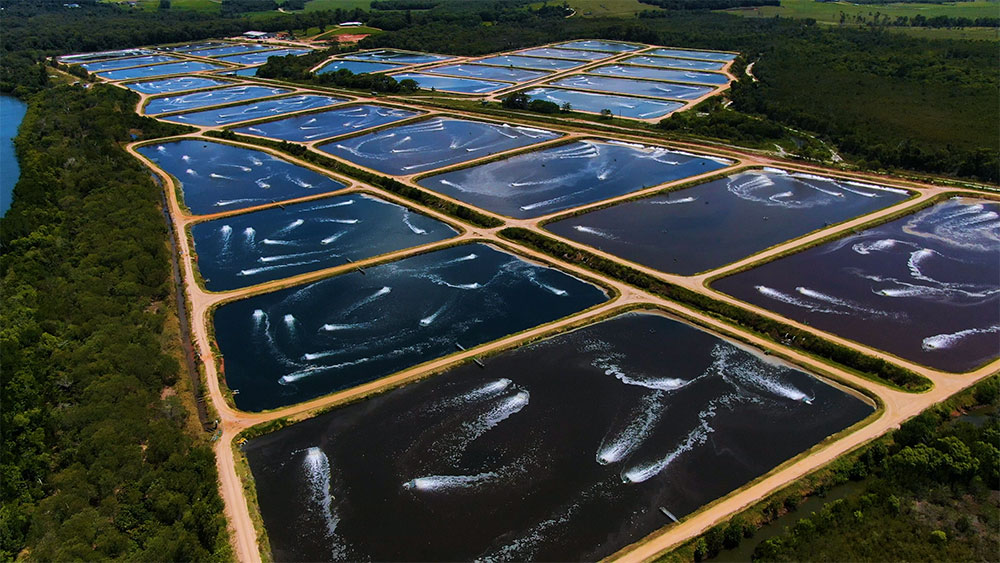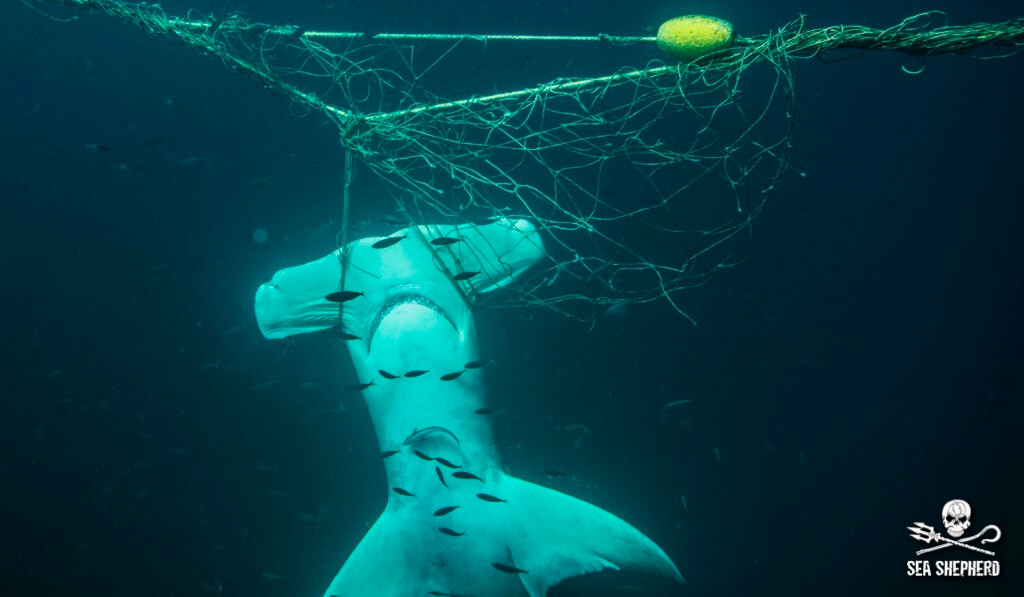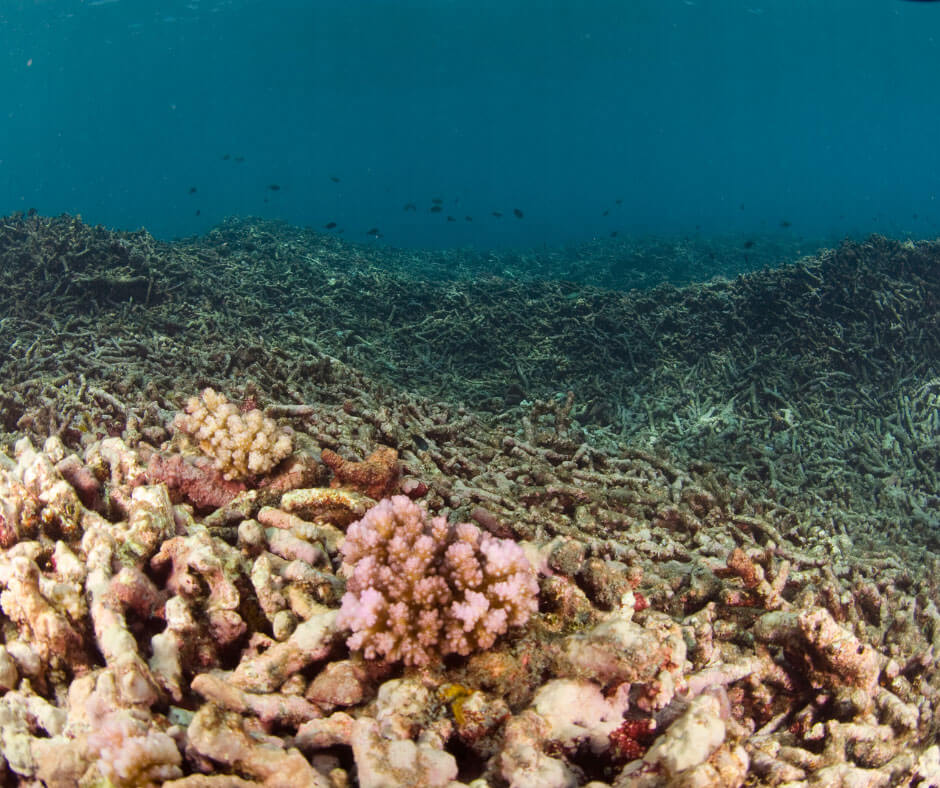The Issues

Commercial Fishing
Commercial fishing has cast a dark shadow on marine ecosystems, triggering a catastrophic impact on countless aquatic creatures. The relentless pursuit of profit has led to overfishing, entanglement in nets, and devastating bycatch, indiscriminately ensnaring dolphins, turtles, seabirds, and countless other species. The collateral damage inflicted by commercial fishing extends beyond the targeted species, causing immeasurable harm to delicate habitats and disrupting the delicate balance of ocean life. This relentless pursuit of seafood has led to the depletion of fish stocks, disrupting food chains and jeopardising the very foundation of marine ecosystems.
Over 50% of marine fish species face the grim reality of being fully or excessively exploited due to overfishing. This reckless practice not only drives entire species towards extinction but also disrupts the intricate food chains that sustain marine ecosystems. The ripple effect of overfishing extends beyond targeted species, directly impacting other interconnected organisms within the food web. Destructive fishing methods exacerbate this issue, with practices like bottom trawling decimating habitats and ensnaring numerous non-targeted fish, which are often discarded wastefully. Such methods not only devastate marine environments but also perpetuate a cycle of indiscriminate destruction that threatens the very foundation of oceanic life.
Aquaculture
The Aquaculture industry is rapidly growing here in Queensland, and with this comes a myriad of animal welfare and environmental issues. Touted to be a more sustainable way of producing ‘seafood’, fish and prawn farms still rely on commercially caught fish for feed, so in reality, it doesn’t address the issues with commercial fishing.
High-density rearing conditions, where fish are confined in crowded environments, can lead to stress, injuries, and susceptibility to diseases. Practices like selective breeding for faster growth or larger size can result in health problems and deformities. Furthermore, inadequate water quality, improper handling, and the use of certain chemicals or medications may further exacerbate these welfare issues
Another concern is the pollution generated by fish farms. Excessive feed, fish waste, antibiotics, and other chemicals used in aquaculture operations often leach into surrounding waters, leading to nutrient enrichment, algal blooms, and oxygen depletion, creating ‘ocean dead zones’. These pollutants can severely disrupt the delicate balance of marine ecosystems, causing harm to nearby sea life. Escapes of farmed fish can introduce non-native species to new habitats, potentially outcompeting local wildlife or spreading diseases. Furthermore, the accumulation of uneaten food and waste on the seafloor can alter the chemistry of the ocean floor, impacting benthic communities and disturbing the overall ecological equilibrium.


Image credit; Rebecca Griffiths/Sea Shepherd
Shark Nets
The use of shark nets and drumlines in intending to protect beachgoers, tragically results in significant harm to marine life, particularly sharks. Shark nets and drumlines are essentially fishing equipment.
These devices indiscriminately trap not only targeted shark species, some of which are on the threatened and vulnerable species list, but also other marine animals like turtles, whales, dolphins, sea birds and rays.
Sharks, fundamental to the balance of marine ecosystems, are frequently entangled, hooked and fatally injured in these nets and drumlines. The suffering and loss of these apex predators disrupts the delicate harmony of the ocean, triggering a domino effect that impacts the entire food web. Additionally, there is no scientific evidence that shows this outdated program provides safety to ocean users, prompting a growing call for more sustainable , scientifically backed alternatives that mitigate harm to marine life while safeguarding beachgoers.
Learn more and take action at www.netsoutnow.com.au
Pollution and Climate Change
Pollution and climate change stand as twin threats casting a profound and dire impact on marine animals worldwide. Rising temperatures and ocean acidification, fueled by human-induced climate change, pose a monumental challenge to marine life. Coral bleaching events devastate vibrant reefs, displacing countless species that rely on these ecosystems for survival. Pollution, including plastic debris, chemicals, and oil spills, suffocates and poisons marine creatures, endangering their health and habitats.
Changes in water chemistry and temperature disrupt migration patterns, alter breeding grounds, and affect the availability of food, leading to population declines and threatening the intricate balance of marine ecosystems. Urgent global action is imperative to curb pollution, reduce greenhouse gas emissions, and protect the oceans, safeguarding the diverse and invaluable life that inhabits them.


What are we doing?
- Informing the public of the many issues threatening marine life
- We are part of the Nets Out Now coalition, calling for an end to lethal shark control methods.
- Investigating and documenting animal welfare issues in Queensland and reporting suspected violations to the authorities
- Monitoring and opposing development applications for new or expanding aquaculture developments in Queensland.
What can you do?
- Avoid animal products – consider going vegan, a way of life that tries to avoid animal exploitation and suffering.
- Write to the Premier and ask that shark nets be removed from Queensland beaches
- Talk to people about the plight of marine animals – spread the word.

